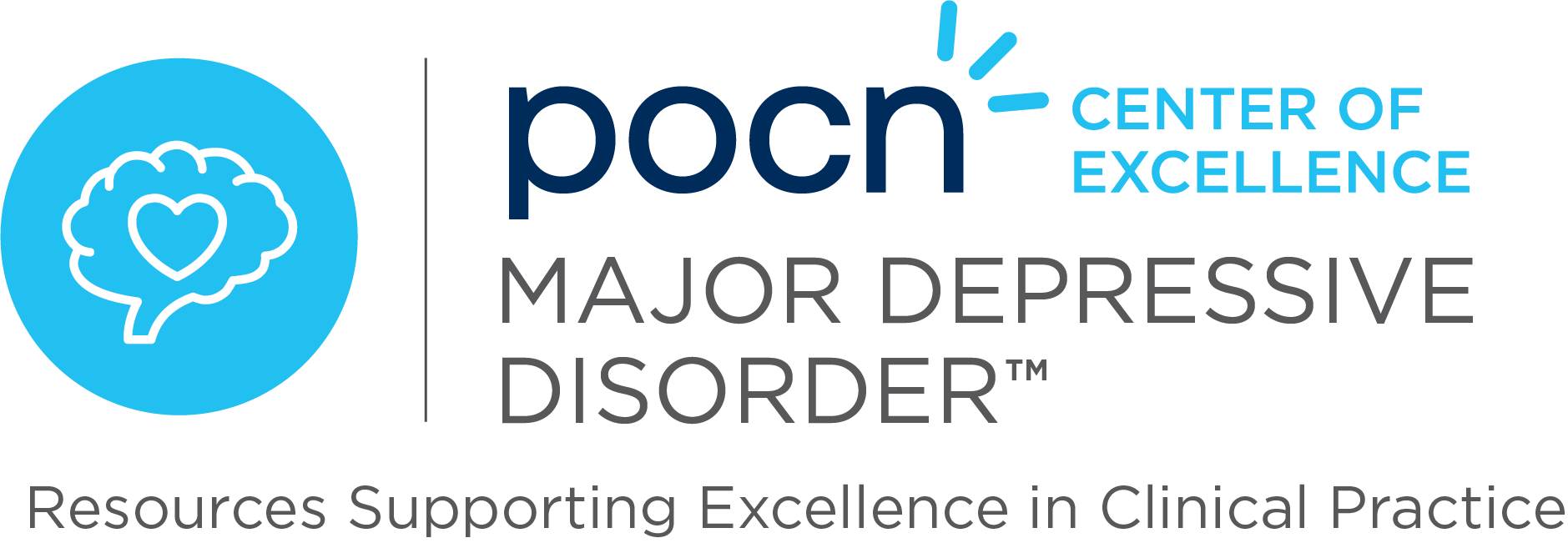Recent advances in natural language processing (NLP) technologies, including artificial intelligence (AI)-based models, have enhanced the potential of self-administered interventions for managing anxiety and depression. A systematic review and meta-analysis of 21 studies, mostly conducted between 2020 and 2023, evaluated the effectiveness of such interventions. The majority (52%) were AI-based NLP models delivering cognitive behavioral therapy. The meta-analysis revealed significant reductions in depressive symptoms (standardized mean difference [SMD] 0.819, 95% confidence interval [CI]0.389-1.250; P<.001) and anxiety symptoms (SMD 0.272, 95% CI 0.116-0.428; P=.001) compared to control conditions. Rule-based NLP models were also effective for both depressive (SMD 0.854, 95% CI 0.172-1.537; P=.01) and anxiety symptoms (SMD 0.347, 95% CI 0.116-0.578; P=.003).
The findings suggest that NLP-based self-administered interventions could improve access to mental healthcare and reduce costs. Future studies should explore implementation strategies and usability to ensure these tools are effective and accessible across diverse populations. With further development, these technologies have the potential to become integral components of public health strategies for addressing mental health challenges.
Reference: Villarreal-Zegarra D, Reategui-Rivera CM, García-Serna J, et al. Self-Administered Interventions Based on Natural Language Processing Models for Reducing Depressive and Anxiety Symptoms: Systematic Review and Meta-Analysis. JMIR Ment Health. 2024;11:e59560. doi: 10.2196/59560.


